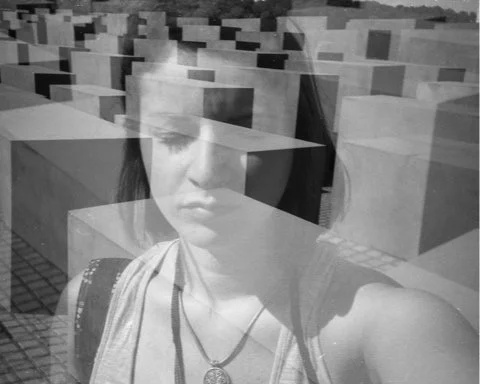Several factors shape how long your trauma therapy journey will last. There is no set timeline and no race to the finish. Some people notice meaningful changes within a few months, while others benefit from a year or more of consistent work. Neither route is right nor wrong.
Understanding and Healing from Complex Relational Trauma
What Is Past Life Regression Therapy and How Can It Help You?
How Past Life Regression Therapy Can Treat Trauma
Past life regression therapy is an approach that can help unlock deeply ingrained patterns of unresolved trauma. This approach uses guided hypnosis to access memories or past experiences that may be influencing the present moment. Whether you believe these memories are actual past lives or a subconscious representation, it doesn’t change the healing process.
How Nature Can Help Heal Trauma
This source of healing is right outside your door. That would be nature. Nature is available all around you and can offer more than just some nice scenery. It can be an escape – a sanctuary – for your mind, body, and soul. Nature can help you heal from trauma by offering mindfulness, regulate the nervous system, reduce stress and bring connection and belonging.
Can Ketamine Assisted Psychotherapy Help with Trauma
Ketamine-Assisted Therapy helps override the part of your brain that causes you to replay certain thoughts over and over again. It can influence memory processing and enhance new learning skills. It can give rise to an altered state of consciousness, which will allow you to tap into deeper areas that may be suppressed.
5 Positive Ways to Respond When Someone Shares Their Trauma With You
Trauma Reaction; Is it Different for Men and Women?
Can Hyper-Independence be a Trauma Response?
Post-Traumatic Growth: A Realistic View of Positive Changes
Are Loneliness & Trauma Linked?
In the aftermath of certain traumas, you may feel a decreased sense of safety. Having been a victim of violence or abuse can rob you of your feelings of security. Not feeling safe and secure can lead to disruption of social activity and acting within social norms, even with those you have previously been acquainted with. These types of trauma can trigger feelings of loneliness.
What is Repressed Trauma?
No matter how well you can repress your memories, they will find a way to work themselves out and interfere in some fashion. Over time, they can increase your likelihood of developing various illnesses and struggles. You may have to come face-to-face with those memories that you’ve repressed, but healing is on the other side.





















